Premium Only Content
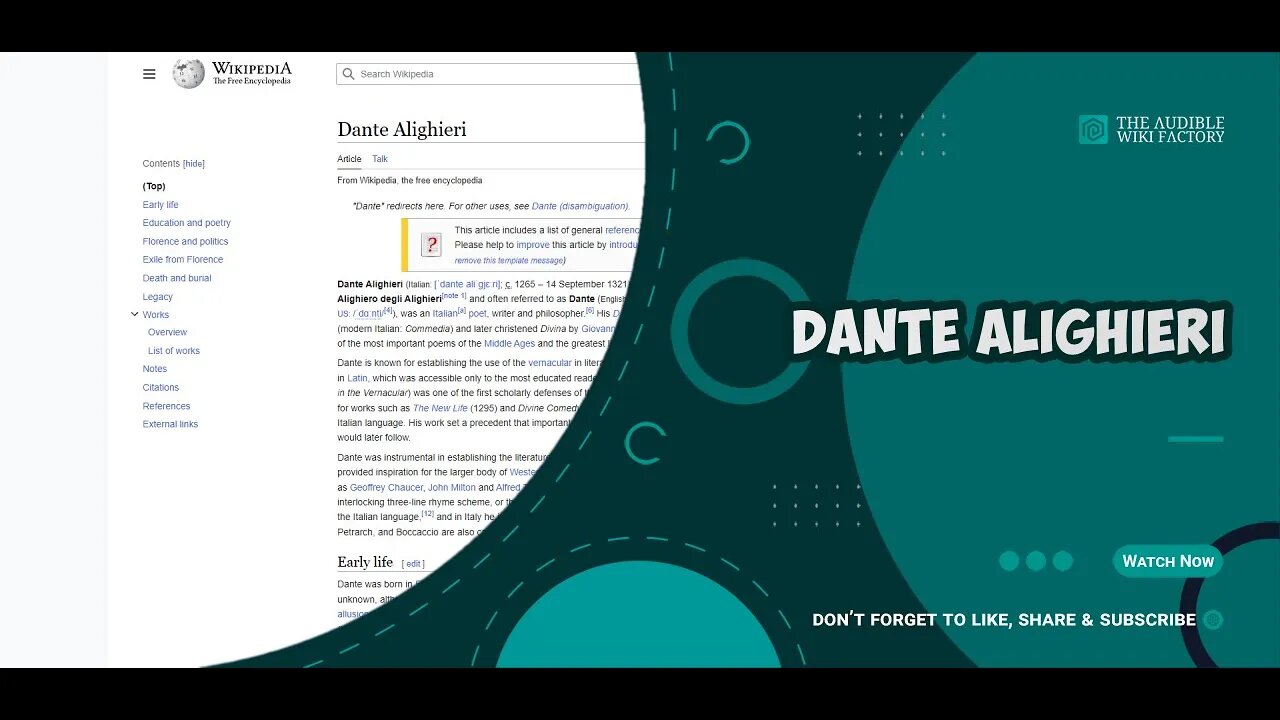
Dante Alighieri, probably baptized Durante di Alighiero degli Alighieri and often referred to
Dante Alighieri, probably baptized Durante di Alighiero degli Alighieri and often referred to as Dante, was an Italian poet, writer and philosopher. His Divine Comedy, originally called Comedìa (modern Italian: Commedia) and later christened Divina by Giovanni Boccaccio, is widely considered one of the most important poems of the Middle Ages and the greatest literary work in the Italian language.
Dante is known for establishing the use of the vernacular in literature at a time when most poetry was written in Latin, which was accessible only to the most educated readers. His De vulgari eloquentia (On Eloquence in the Vernacular) was one of the first scholarly defenses of the vernacular. His use of the Florentine dialect for works such as The New Life (1295) and Divine Comedy helped establish the modern-day standardized Italian language. His work set a precedent that important Italian writers such as Petrarch and Boccaccio would later follow.
Dante was instrumental in establishing the literature of Italy. His depictions of Hell, Purgatory and Heaven provided inspiration for the larger body of Western art and literature. He influenced English writers such as Geoffrey Chaucer, John Milton and Alfred Tennyson, among many others. In addition, the first use of the interlocking three-line rhyme scheme, or the terza rima, is attributed to him. He is described as the "father" of the Italian language, and in Italy he is often referred to as il Sommo Poeta ("the Supreme Poet"). Dante, Petrarch, and Boccaccio are also called the tre corone ("three crowns") of Italian literature.
EARLY LIFE
Dante was born in Florence, Republic of Florence, in what is now Italy. The exact date of his birth is unknown, although it is generally believed to be around 1265. This can be deduced from autobiographic allusions in the Divine Comedy. Its first section, the Inferno, begins, "Nel mezzo del cammin di nostra vita" ("Midway upon the journey of our life"), implying that Dante was around 35 years old, since the average lifespan according to the Bible (Psalm 89:10, Vulgate) is 70 years; and since his imaginary travel to the netherworld took place in 1300, he was most probably born around 1265. Some verses of the Paradiso section of the Divine Comedy also provide a possible clue that he was born under the sign of Gemini: "As I revolved with the eternal twins, I saw revealed, from hills to river outlets, the threshing-floor that makes us so ferocious" (XXII 151 to 154). In 1265, the sun was in Gemini between approximately 11 May and 11 June (Julian calendar).
Dante claimed that his family descended from the ancient Romans (Inferno, XV, 76), but the earliest relative he could mention by name was Cacciaguida degli Elisei (Paradiso, XV, 135), born no earlier than about 1100. Dante's father, Alighiero di Bellincione, was a White Guelph who suffered no reprisals after the Ghibellines won the Battle of Montaperti in the middle of the 13th century. This suggests that Alighiero or his family may have enjoyed some protective prestige and status, although some suggest that the politically inactive Alighiero was of such low standing that he was not considered worth exiling.
Dante's family was loyal to the Guelphs, a political alliance that supported the Papacy and that was involved in complex opposition to the Ghibellines, who were backed by the Holy Roman Emperor. The poet's mother was Bella, probably a member of the Abati family. She died when Dante was not yet ten years old. His father Alighiero soon married again, to Lapa di Chiarissimo Cialuffi. It is uncertain whether he really married her, since widowers were socially limited in such matters, but she definitely bore him two children, Dante's half-brother Francesco and half-sister Tana (Gaetana).
Dante said he...
LINK TO ARTICLE: http://en.wikipedia.org/wiki/Dante_Alighieri
TAGS: Dante Alighieri, Sonneteers, Roman Catholic writers, Politicians from Florence, Medieval Latin poets, Italian Roman Catholics, Italian political philosophers, Italian male poets, Italian-language poets, Italian exiles, Epic poets, Demonologists, Culture in Florence, Christian writers, Catholic poets, Apothecaries, 14th-century people of the Republic of Florence, 14th-century Latin writers, 14th-century Italian writers, 14th-century Italian poets, 13th-century Italian writers, 13th-century Italian poets, Dante Alighieri
#GeneralKnowledge #AudibleWikiFactory #Audible #Wikipedia #DanteAlighieri
-
 34:34
34:34
The Audible Wiki Factory
1 year agoSaint Patrick's Day, or the Feast of Saint Patrick, is a religious and cultural holiday held on
778 -
 58:00
58:00
The StoneZONE with Roger Stone
9 hours agoEuropean Leaders Resist Trump Peace Overtures To Their Own Demise | The StoneZONE w/ Roger Stone
77.6K12 -
 9:29
9:29
AlaskanBallistics
10 hours ago $8.77 earnedWyoming Suppressors and Rifles at Shot Show 2025
90.5K4 -
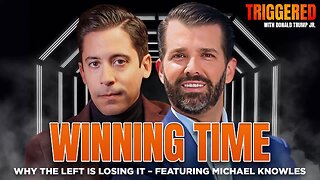 1:06:40
1:06:40
Donald Trump Jr.
14 hours agoThe Left is Taking one L After Another, Live with Michael Knowles | Triggered Ep. 217
181K118 -
 47:17
47:17
Kimberly Guilfoyle
14 hours agoWoke Gets DOGE’d, Live with AJ Rice & Jarrett Stepman | Ep. 197
133K43 -
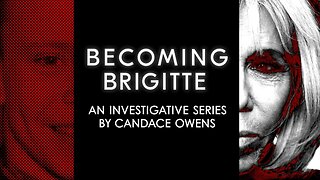 20:11
20:11
Candace Show Podcast
13 hours agoBecoming Brigitte: Candace Owens x Xavier Poussard | Ep 6
200K334 -
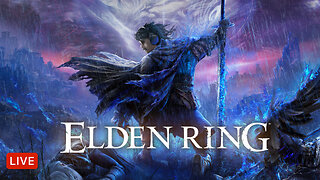 8:25:38
8:25:38
Dr Disrespect
17 hours ago🔴LIVE - DR DISRESPECT - ELDEN RING DLC - REVENGE
197K22 -
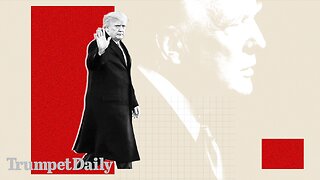 54:22
54:22
LFA TV
1 day agoThe End of the Trans-Atlantic Alliance | TRUMPET DAILY 2.17.25 7PM
52.5K7 -
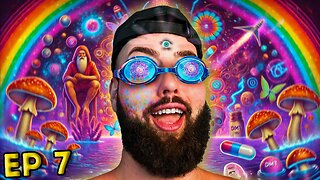 55:56
55:56
BIG NEM
16 hours agoUGLY COCO: The Rapper Who’s Tried EVERY PSYCHEDELIC 🌌
24.4K1 -
 1:42:51
1:42:51
2 MIKES LIVE
14 hours ago2 MIKES LIVE #181 Deep Dive Monday!
28.2K3